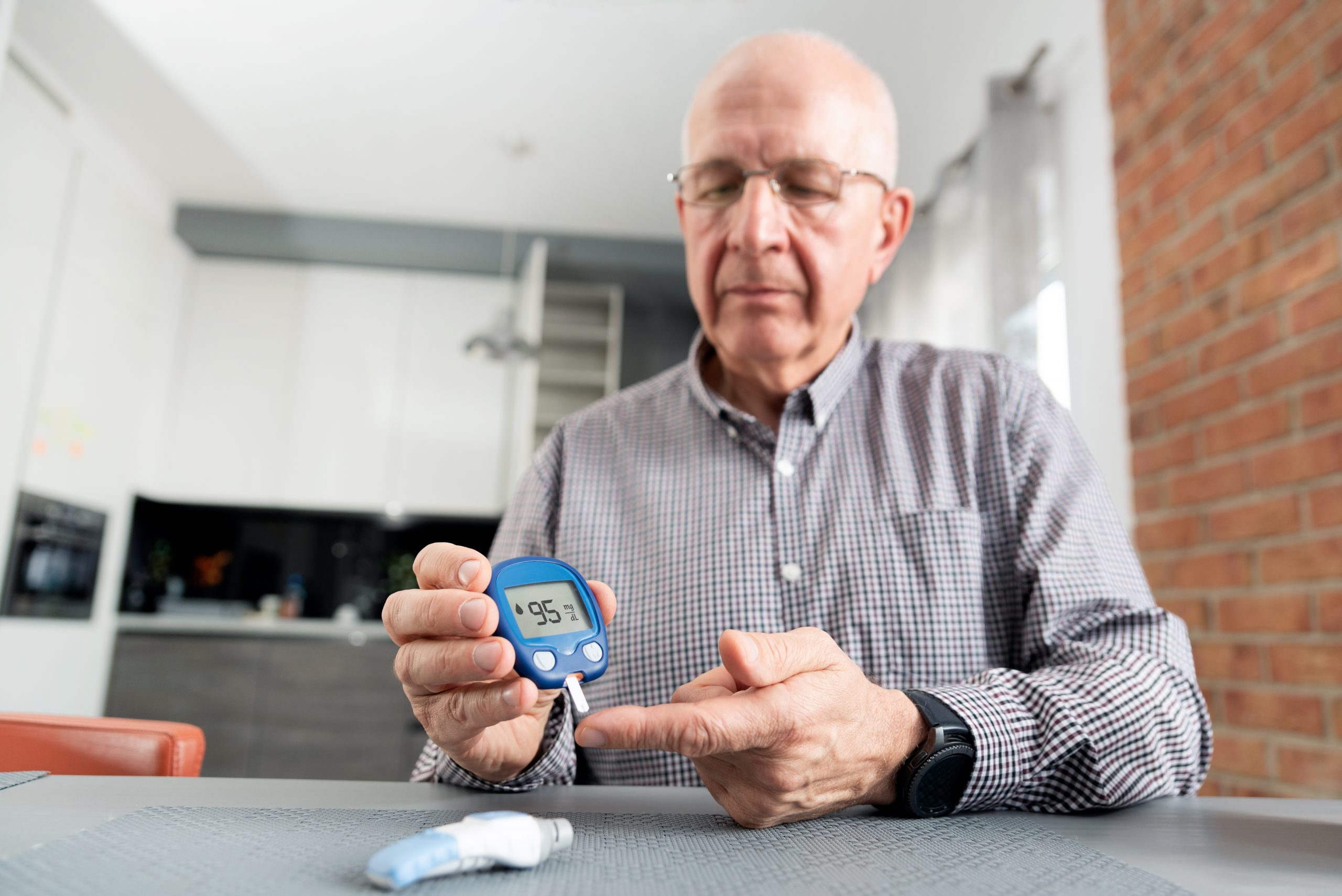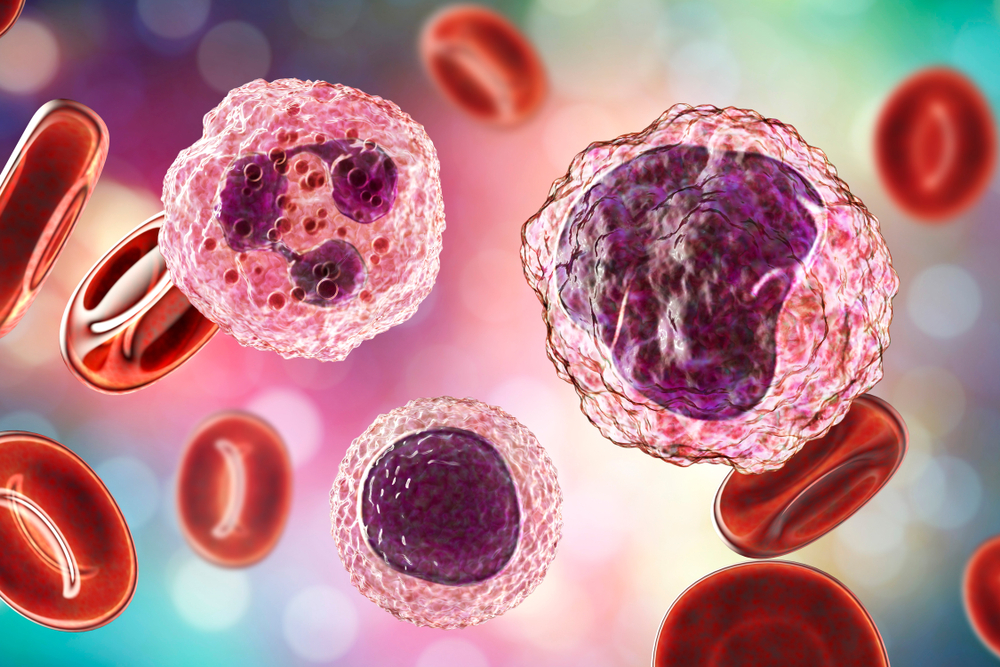Diabetes, also known as diabetes mellitus, is a chronic disease that occurs due to elevated levels of blood glucose (sugar). There are 2 types of diabetes: type 1 and type 2. The insufficient production of the hormone insulin causes type 1 while type 2 occurs because the body’s cells don’t respond to insulin. The pancreas produces insulin in response to increases in blood glucose.
Type 1 diabetes
Approximately 10% of diabetics have type 1 diabetes. Diagnosis typically occurs in children or adolescents. However, symptoms may not appear until early adulthood. Type 1 diabetes is not preventable. Instead, an autoimmune reaction causes the body’s own cells to destroy insulin-producing cells.
Type 2 diabetes
Nearly 90% of diabetes cases are type 2. Increased age, having a family member with diabetes, lack of exercise, heart disease, and obesity are some of the risk factors for developing type 2 diabetes.
Increased urination, increased hunger, increased thirst, and weight loss are common symptoms of diabetes. Complications can range from retinopathy to nephropathy, cardiovascular disease, and foot ulcers.
A diagnosis of diabetes can made using a fasting plasma glucose test, casual plasma glucose test, or oral glucose tolerance test.
For type 1 diabetics, recommended lifestyle modifications include splitting total caloric intake between meals 4-5 hours apart and exercise, which increases the response to insulin.
Type 2 diabetics can focus on maintaining consistent physical activity and following dietary modifications as this can normalize insulin release and decrease insulin resistance.
The Boom Health app allows you to order prepared meals that are made from quality ingredients and delivered by hand. You can also find reliable, certified, and friendly caregivers to look after you or your loved one. Download the app from the App Store or Google Play Store to get started.
This article is not intended to be a substitute for professional medical advice or diagnosis. Always seek the advice of your physician or another qualified health provider with any questions you may have regarding a medical condition.





